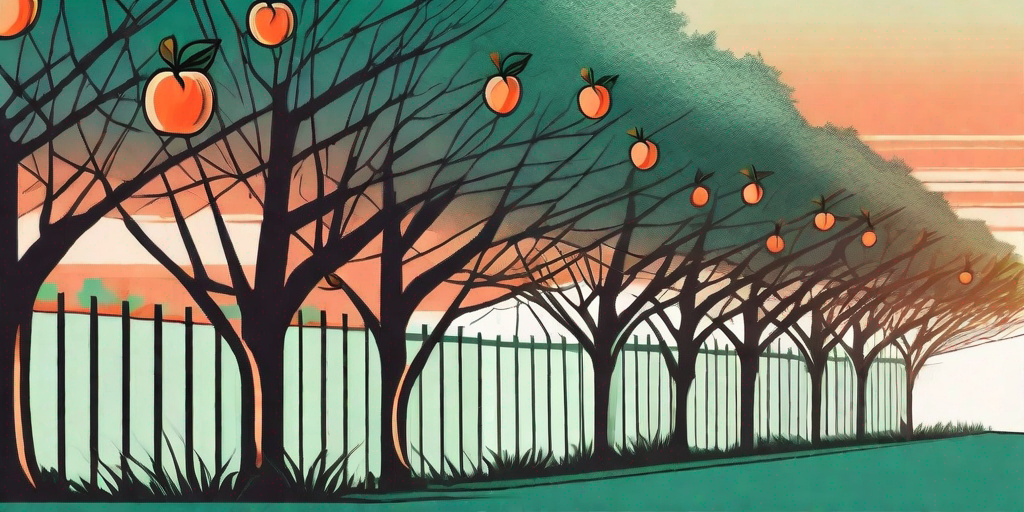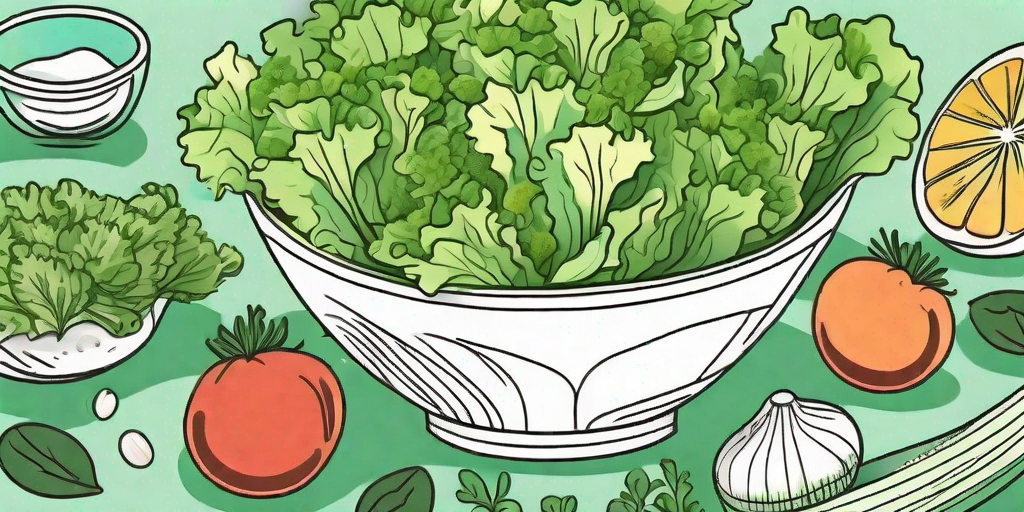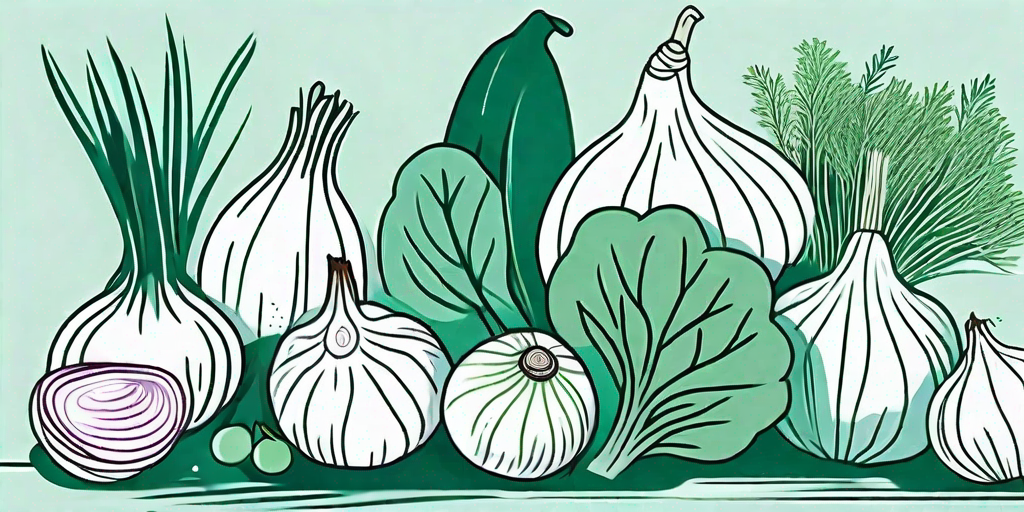
Ah, the humble artichoke. This thistle-like plant not only adds a unique flavor to your culinary creations but also brings a certain architectural beauty to your garden. But did you know that artichokes, like us humans, also enjoy the company of certain companions? Yes, you heard it right! Just like the perfect wine complements a meal, the right plant partners can enhance the growth and health of your artichokes. So, let's dive into the world of companion planting with artichokes and find out who their best buddies are.
Understanding Companion Planting
Before we introduce the artichoke's best pals, let's first understand what companion planting is. In the simplest terms, companion planting is the practice of growing different plants together for mutual benefit. It's like a plant version of a neighborhood watch, where each plant helps the other in some way, be it by deterring pests, improving soil health, or enhancing growth.
But don't think of it as some new-age, hippy-dippy gardening trend. Companion planting has been around for centuries. Indigenous cultures worldwide have long recognized the benefits of growing certain plants together. So, if you're still planting in single crop rows, it's time to embrace the 'flower power' of companion planting.
The Benefits of Companion Planting
Companion planting offers a plethora of benefits. For starters, it can help deter pests. Some plants emit certain chemicals that repel insects, reducing the need for harmful pesticides. Others attract beneficial insects that prey on pests, acting as a natural pest control.
Companion planting can also improve soil health. Some plants, like beans and peas, fix nitrogen in the soil, which can benefit nitrogen-loving plants like artichokes. Other plants have deep roots that bring up nutrients from the subsoil, benefiting shallow-rooted plants.
Lastly, companion planting can enhance plant growth and yield. Some plants provide shade for heat-sensitive plants, while others can act as a windbreak for more delicate plants. It's all about creating a harmonious garden ecosystem where every plant plays a part.
The Best Plant Partners for Artichokes
Now that we've covered the basics of companion planting, let's get to the heart of the matter: the best plant partners for artichokes. Artichokes are pretty sociable plants and get along with a variety of companions. However, they particularly enjoy the company of certain plants.
So, without further ado, here are the top plant partners for your artichokes:
- Marigolds: These vibrant flowers are not just pretty to look at; they also emit a strong scent that deters pests like nematodes and aphids.
- Cilantro: Cilantro is a great companion for artichokes as it attracts beneficial insects like ladybugs that prey on aphids, a common pest of artichokes.
- Peas: Peas are nitrogen-fixers, meaning they can improve soil fertility, which in turn benefits artichokes.
- Sunflowers: Sunflowers can act as a windbreak for artichokes, protecting them from strong winds.
- Tarragon: Tarragon enhances the growth and flavor of artichokes, making it a perfect companion.
Remember, while these plants make great companions for artichokes, it's also important to rotate your crops every year to prevent soil-borne diseases and maintain soil health.
Plants to Avoid Planting with Artichokes
Just like in any social circle, there are always a few individuals that just don't get along. The same goes for artichokes. There are certain plants that artichokes would rather not share their garden space with.
Here are a few plants you should avoid planting with artichokes:
- Potatoes: Potatoes and artichokes compete for the same nutrients, making them less than ideal companions.
- Carrots: Carrots can attract pests that also affect artichokes, so it's best to keep them apart.
- Hot peppers: Hot peppers can inhibit the growth of artichokes, so it's best to plant them in separate areas of your garden.
Frequently Asked Questions
Can I plant artichokes and tomatoes together?
Yes, you can plant artichokes and tomatoes together. Both plants have similar watering and sunlight needs, making them compatible companions.
Do artichokes attract pests?
Like any plant, artichokes can attract certain pests, such as aphids and slugs. However, with the right companion plants, you can minimize pest problems.
Can I grow artichokes in containers?
Yes, artichokes can be grown in large containers. Just make sure the container is deep enough to accommodate the artichoke's extensive root system.
Conclusion
So there you have it, folks! The secret to a thriving artichoke garden lies in the company it keeps. With the right plant partners, your artichokes will be healthier, more productive, and, dare we say, happier. So, why not give companion planting a try? Your artichokes (and your taste buds) will thank you!
Remember, gardening is all about trial and error. So, don't be afraid to experiment with different plant combinations to see what works best in your garden. After all, variety is the spice of life, and in this case, the spice of your garden too!











